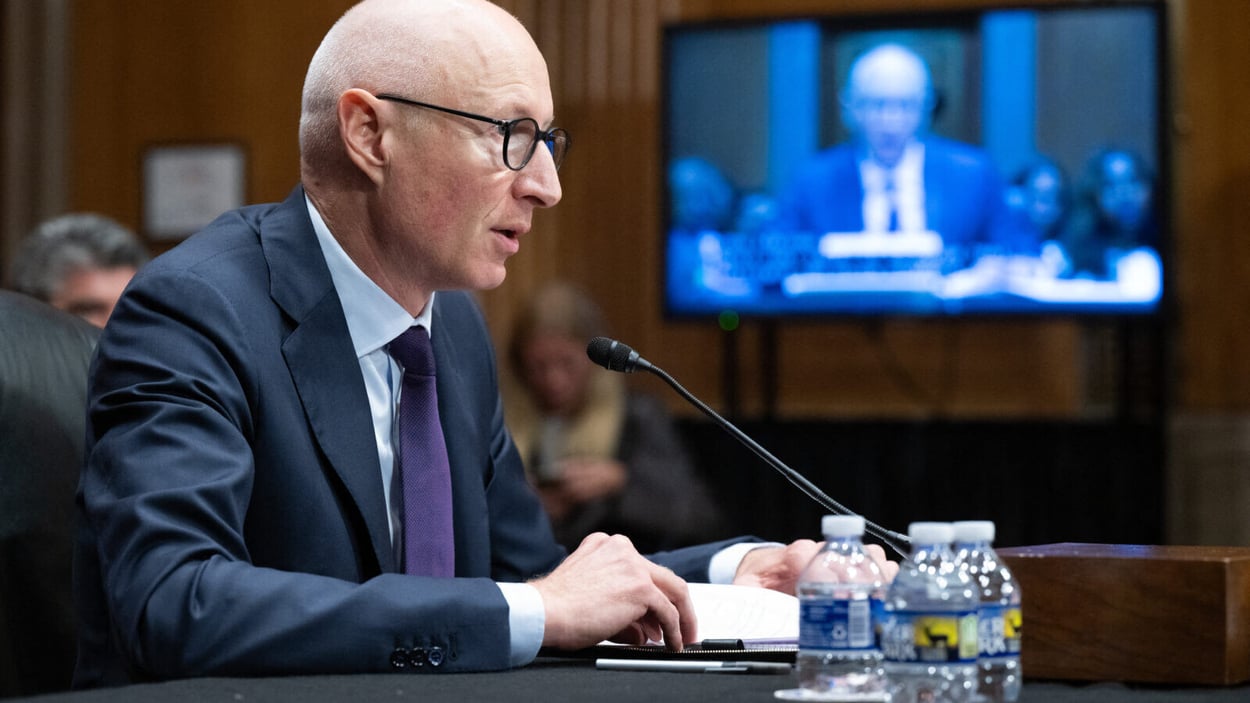genetic testing
Can Anne Wojcicki save 23andMe once again?
More than once, Anne Wojcicki has saved 23andMe from corporate disaster. Perhaps most memorably, it saw the FDA withdraw its main products from the market, only to later not only survive but to thrive.
But over the past year, the realities of being a company with a publicly traded stock have brought 23andMe to its knees. Can Anne Wojcicki save the firm again?
She's been trying to engineer yet another turnaround: buying the company back herself and making it, once again, privately held. But that bid has now hit a snag. Last week, every member of 23andMe's board except for her quit, saying that they did not feel they could back her offers so far.
Read the latest piece by STAT's Matt Herper.
immunology
Amgen's immunology drugs may not be competitive
Amgen yesterday reported that a pair of antibody drugs it is developing as treatments for immune-mediated diseases succeeded in late-stage trials — but investors raised concerns that the treatments may not be as effective as therapies sold by competitors.
In an eczema trial, Amgen reported that its drug, rocatinlimab, outperformed a placebo in reducing outbreaks of red, itchy lesions. The company also said a Phase 3 study of its drug Uplizna met the primary endpoint of a trial testing it as a treatment for myasthenia gravis, an autoimmune condition that causes muscle weakness and fatigue.
Read more from STAT's Jonathan Wosen and Allison DeAngelis.
politics
At Novo hearing, it was drugmakers vs. PBMs (again)

SAUL LOEB/AFP via Getty Images
Yesterday, the Senate health committee held a hearing on what chairman Bernie Sanders calls the "outrageous" prices that Novo Nordisk charges for its GLP-1 drugs Ozempic and Wegovy.
In written testimony that was submitted to the committee, Novo CEO Lars Fruergaard Jørgensen lamented the role of pharmacy benefit mangers. It's a familiar argument made by major pharmaceutical firms: Drugmakers have to raise list prices in order to give bigger rebates to middlemen to ensure favorable coverage of their medicines.
But Sanders undercut that argument. He said he reached out to major PBMs and they've agreed not to limit coverage of Novo's GLP-1 drugs if the company cut list prices, turning the onus of lowering prices back onto Novo.
This is part of a long-standing debate over the complex nature of payments for prescription drugs in the U.S., with drugmakers and PBMs blaming each other for high costs.
Read more.
pharma
Sanofi taps new CSO in push to redefine itself
Sanofi named a new chief scientific officer: Mike Quigley, formerly the CEO of startups Dualitas Therapeutics and Therini Bio and senior vice president of research biology at Gilead.
It's part of a series of moves that Sanofi argues will establish it as being more focused on R&D than in the past. CEO Paul Hudson has sought to redefine the company's identity in the minds of investors as not a slow, staggering drug giant but a nimble organization focused on therapies targeting the immune system.
Sanofi's top-seller, the autoimmune drug Dupixent, is sold in partnership with Regeneron and is approved in the U.S. to treat eczema, eosinophilic esophagitis, and chronic rhinosinusitis with nasal polyps. The FDA is widely expected to approve the drug to treat chronic obstructive pulmonary disease by the end of the week.
Read more from STAT's Matt Herper.


No comments